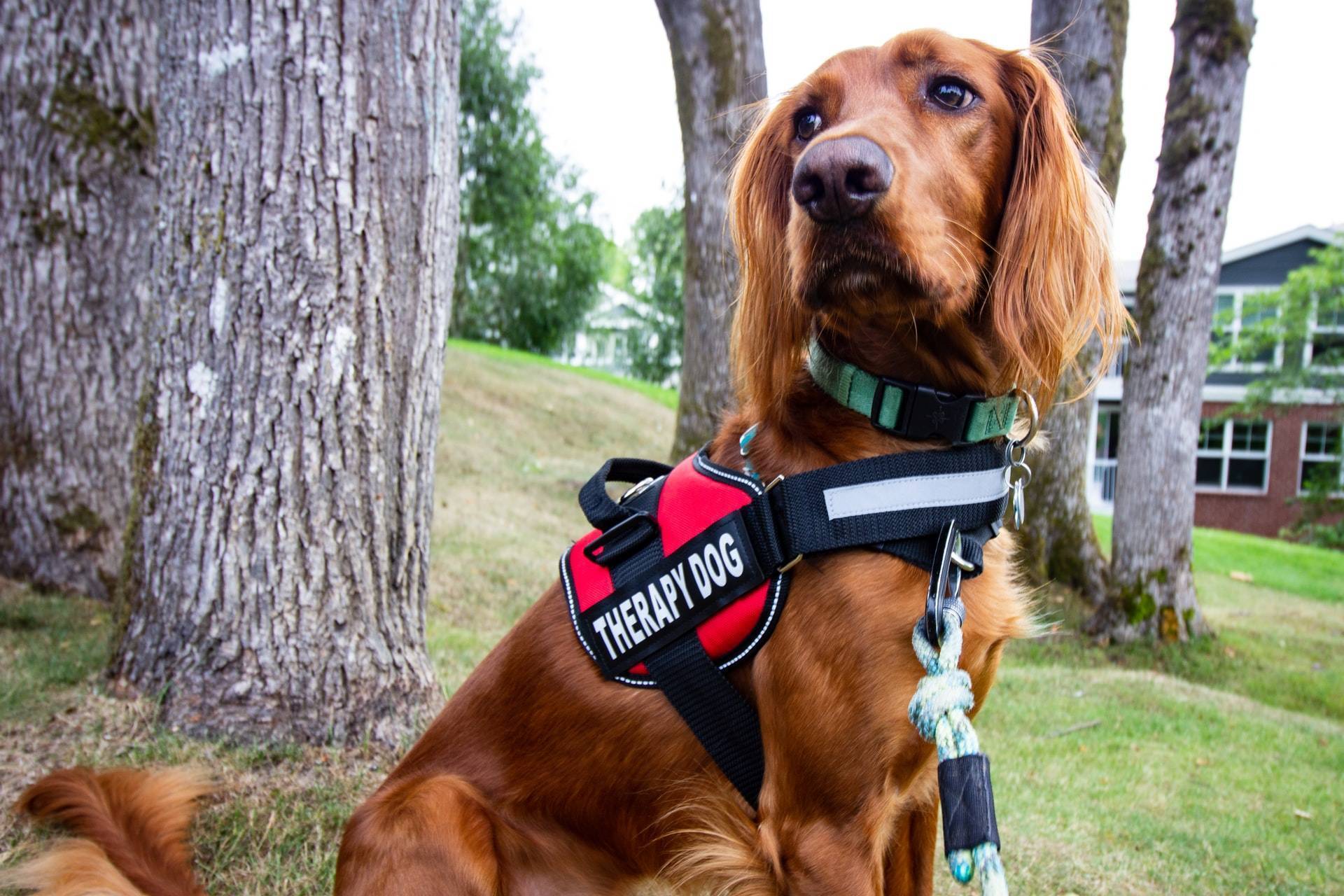Does My Child Need a Therapy Dog

You may have seen therapy dogs before and wonder whether or not your child needs one. There are a handful of reasons why children can benefit from a therapy dog. If you think that your child could use a therapy dog, it is worth looking into. Here are a few facts about therapy dogs and what they do.
What Are Therapy Dogs Used For?
There are a few situations that therapy dogs are well suited for. One is to help a child become more sociable, or to help them feel better about themselves. A dog might be able to assist a child in becoming less anxious and stressed. Moreover, some children may need a therapy dog if they have conditions where they require medical treatment, so the dog can alert when this is applicable. For example, if a child is prone to seizures, they may benefit from a therapy dog. If you want to read more information on how therapy dogs are used, check out this BetterHelp article.
Does My Child Need One?
If you are questioning if your child needs a therapy dog, the best person to ask is their doctor. You may also ask their school counselor, especially if you know that they meet with your child occasionally. Both of these people are medical professionals, who should be able to provide you with more information about the process and let you know if your child would see positive results from a therapy dog.
Once you determine that you want to get one for your household, you can research the process to see how it works. There are special regulations in your state that you will need to know about, as you go through the process. This is another area where your child’s doctor can help you. If your kid meets with a therapist, they will likely be able to offer you more detailed advice on how it works. If you child doesn’t have a therapist, you might also want to think about taking advantage of therapy for your kiddo in addition to a therapy dog. Together they may be able to make a bigger difference than one of these things alone.
In some cases, you are able to have a dog you choose go through specific training, or there are organizations that train dogs and can provide you with one. These dogs are sometimes partially covered in your insurance plan. It is important that you learn all the details you can about therapy dogs before you make a commitment. Even though this will be a therapy animal, it will also be an animal that lives in your home. You’ll need to be certain that you have the resources and the space to take care of them.
Will I See A Difference?
When kids or adults work with a therapy dog, there is a chance that they will see results. Some experts argue on whether this is because of their therapeutic benefits or not. Many people feel at ease and relaxed when they are with their pets, which is what some people believe happens when a child works with a therapy dog. However, there are some studies that show that therapy dogs are able to help humans that they work with in a measurable way. It is up to you to determine what you think.
Essentially, there are many therapy dogs out there that are providing valuable services to adults and children, and if this is what your kid needs, there is no reason not to look into it. When they work with a dog, they may be able to see some of their anxiety go away and they might even feel more confident.
Author Bio: Marie Miguel has been a writing and research expert for nearly a decade, covering a variety of health- related topics. Currently, she is contributing to the expansion and growth of a free online mental health resource with BetterHelp.com. With an interest and dedication to addressing stigmas associated with mental health, she continues to specifically target subjects related to anxiety and depression.


